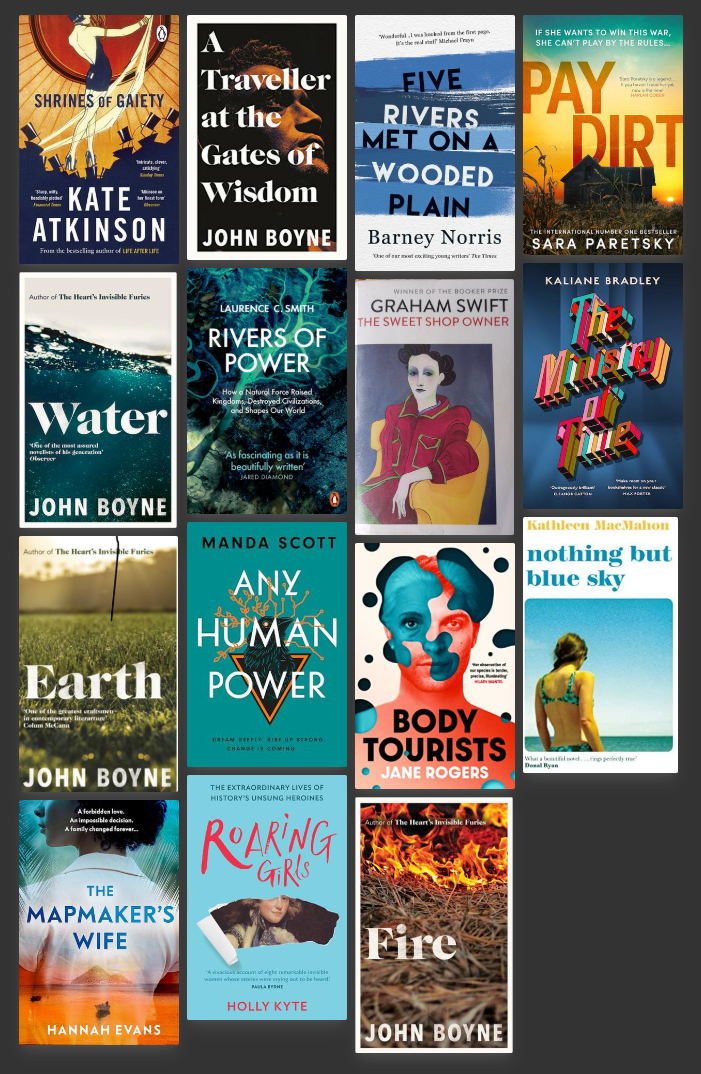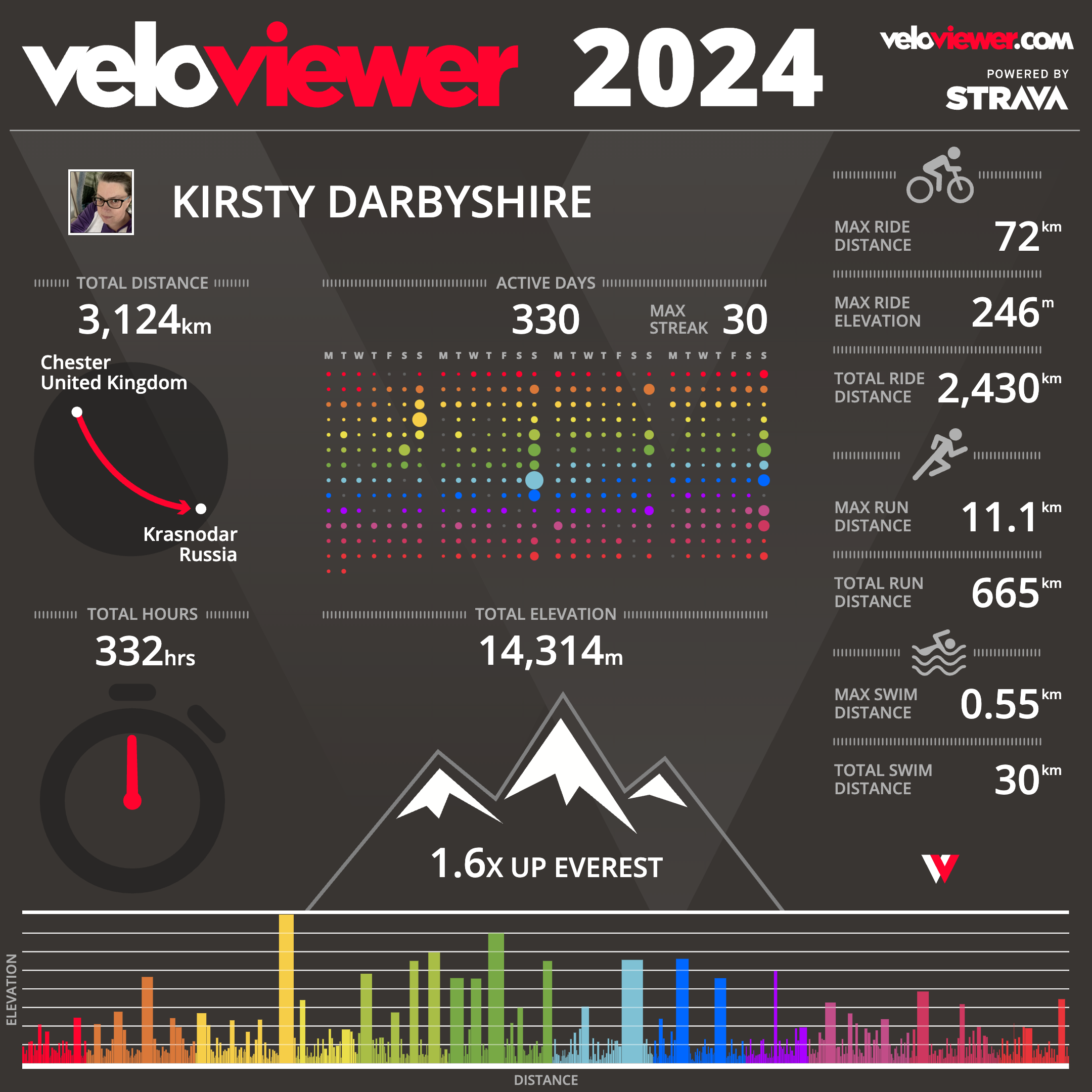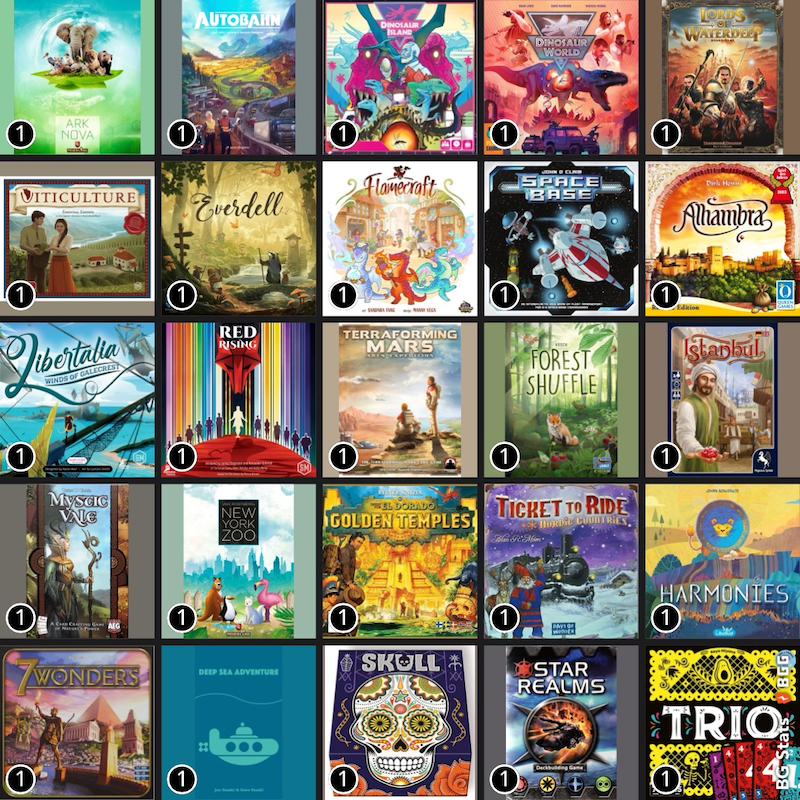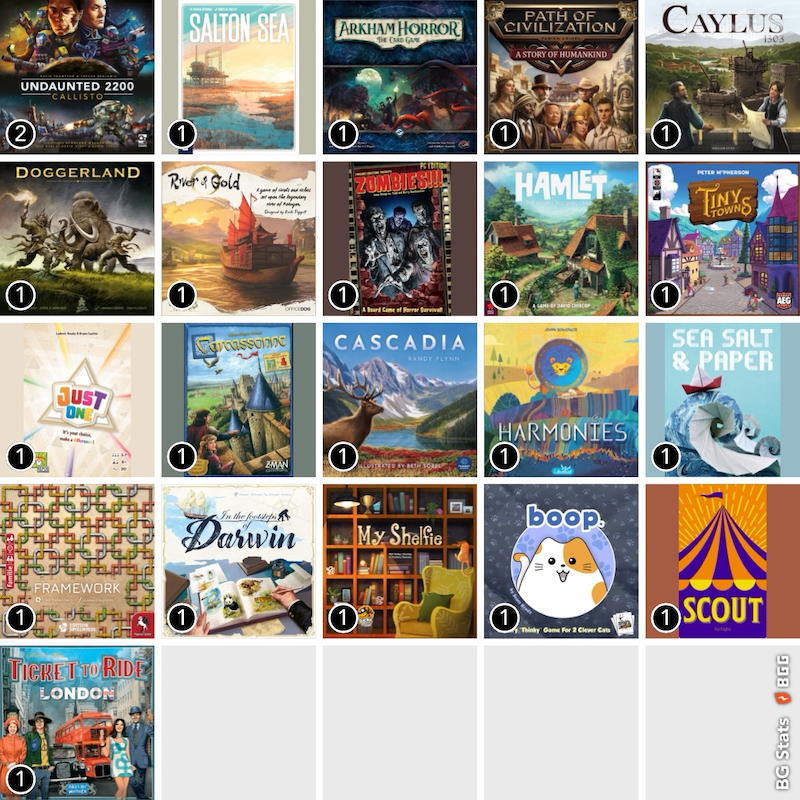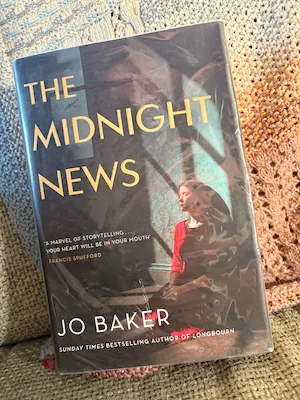Dangerous D@ta
by Lury.Gibson
Saturday, March 2, 2002
Putting an @ sign in your book title and using a dot to link the authors names seems a little pretentious and is going to seem terribly dated within a few years. But this is a book for the moment really, it will date badly, but I think that it captures something unique about it’s 2001 setting, something which is worth preserving in fiction.
This is a very quick read which only has enough plot to make up a longish short story rather than a novel. That’s not a problem though, the book only really has half the number of pages that it looks to have. This is because it has a unique layout, a new concept (to me at least) that made me grab it off the bookstore shelf as a must read.
The left hand pages of the book contain the narrative, a first person account from Dogg as he digs through records stored on computers to investigate the lives of his subjects. The right hand pages contain excerpts from the records that he uncovers. It’s a good recipe for an interesting read.
The tagline on the cover reads “your privacy has expired” and I think the reader is supposed to find it scary that a detective sitting on a computer, he does no legwork at all, can uncover all of this information and put a story together from it. Personally I don’t find it that scary that electronic facts on people are available, and I don’t think that many of the records used in this book are that readily available in the real world.
I was pleased that Dogg stuck, on the whole, to factual records. He doesn’t dig into personal emails or online chats, which is the kind of thing that I think is probably more feasible, but as he points out, is completely subjective. I don’t think it would be possible for someone to do what he did though. I don’t think that a stranger getting my credit card statements, my medical records and my court records is entirely realistic.
Some of the records used to construct the case in this book are well known public records, electoral rolls, telephone directories etc. That these are available isn’t shocking, though I guess some people may be surprised at the ease of availability that online access gives over offline access. Some of the deductions made in the book are a bit dubious too.
On the whole I think the book intended to be shocking in showing how much info can be garnered online but I think it fails because the people this book will appeal to are those who know the online world well enough to know that what is presented here isn’t particularly correct in many aspects.
I did think the basic story was interesting and the story telling was excellent. I just get a bit hung up on the fact that it’s not only the story here that is fictional.
